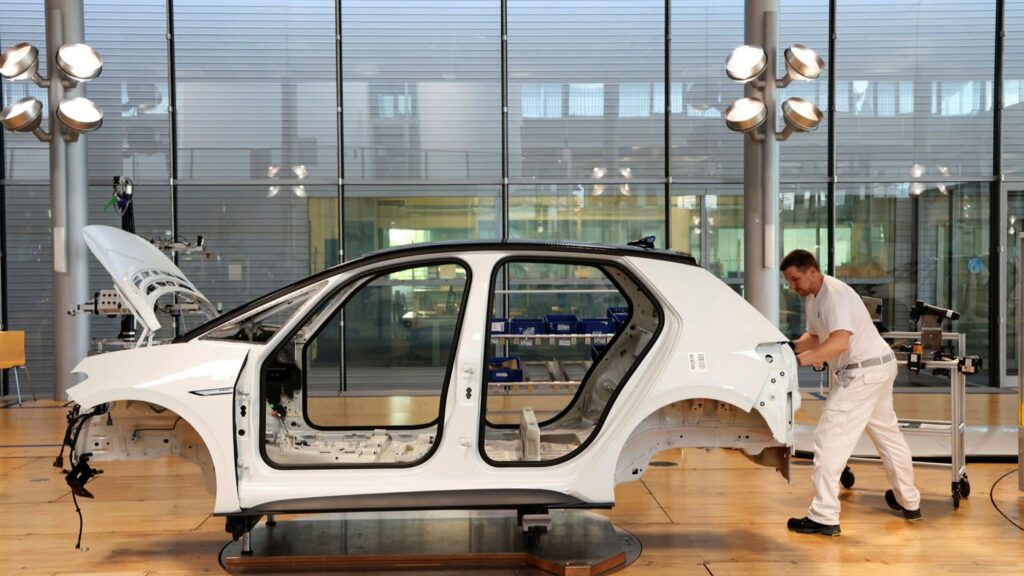Infineon profits almost double as it benefits from chip shortage

Europe’s largest chipmaker Infineon almost doubled its profits in the three months to the end of September, as the German group benefited from the clamour for semiconductors amid a global shortage.
The Munich-based company, which relies on the automotive industry for more than 40 per cent of its revenues, said profits for the period were €464m, up from €245m in the previous quarter.
“Our corporate strategy is fully focused on the key trends of electrification and digitalisation,” said chief executive Reinhard Ploss. “We are investing significantly more in order to take advantage of opportunities to grow.”
In September, Infineon opened Europe’s newest semiconductor plant in Villach, Austria, after advances in automation lowered the cost of operating on the continent compared with Asia.
In addition to the €1.6bn it spent on the site, Infineon plans to invest €2.4bn over the next 12 months to expand its facilities.
The company, which supplies semiconductors for everything from auto safety systems to infotainment devices, is one of a handful of manufacturers to produce most of its chips in house, rather than outsource to companies such as Taiwan’s TSMC.
But Infineon said it would slowly increase the amount of outsourcing it did from 30 per cent to 40 per cent over the next four years “where we see no or only little differentiation to optimise our capital efficiency”.
For the full 12 months ending in September, Infineon generated €1.17bn in profits, up from €368m in the pandemic-hit year before, and €870m in the 2019 fiscal year.
However, the company said it expected revenues to rise by a more modest 14 per cent in the 2022 fiscal year, to €12.7bn.
Analysts have warned that the industry may be experiencing a one-off swell in demand, as carmakers over-order to avoid further shortages.
“A certain amount of double-ordering has to be assumed,” Ploss said on Wednesday. He told the Financial Times last month that the volume of orders from the car industry was enough to support the production of up to 120m vehicles per year, when the sector expects to barely exceed 80m.
Ploss also told analysts on Wednesday that he expected bottlenecks in supply to last at least through 2022.
The executive has previously expressed scepticism that reshoring production to Europe would solve the supply chain problems for companies on the continent, as chipmakers’ largest customers would remain American and Asian consumer device manufacturers.